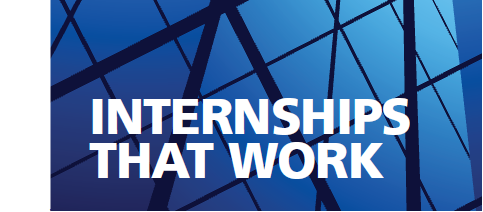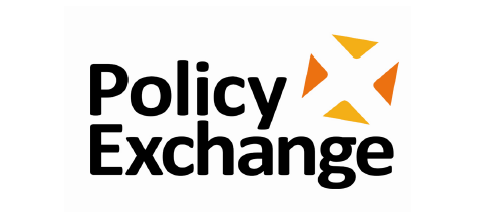The ‘Work Programme’ represents the most significant shift in the welfare-to-work industry for many years. One of the most innovative features of the Work Programme is its emphasis on ‘payment by results’, which means that providers only get paid once an outcome has been achieved. In the case of the Work Programme, an outcome is…
Category: Publications
INTERNSHIPS: TO PAY OR NOT TO PAY? – June 2010
With youth unemployment at record levels and graduates struggling to find work, internships – typically a period of workplace learning for undergraduates and graduates lasting from 3 to 12 months – have become an increasingly high-profile option for those finishing their university and college courses. The benefits to young people of completing an internship can…
SIMPLY LEARNING: IMPROVING THE SKILLS SYSTEM IN ENGLAND – January 2010
The world of skills, whether it be vocational education, apprenticeships or adult education, has been subject to near constant upheaval for at least 25 years. In recent years the Government has attempted to increase the volume of post compulsory education, improve the status of vocational courses and make the whole system more ‘demand-led’. Yet the…
INTERNSHIPS THAT WORK: A GUIDE FOR EMPLOYERS – December 2009
This guide was aimed at employers that are either thinking of starting an internship programme for the first time or wish to improve their current offering. The guide covers six principles of high-quality internships: 1. RECRUITMENT; 2. PAYMENT AND DURATION; 3. INDUCTION; 4. TREATMENT; 5. SUPERVISION; 6. REFERENCE AND FEEDBACK. Each of these principles is…
SCIENCE FICTION? UNCOVERING THE REAL LEVEL OF SCIENCE SKILLS – September 2009
Britain will need more science skills if it is to prosper. According to the CBI a staggering 92% of firms across all sectors require people with science, technology, engineering and maths (STEM) skills, but more than 59% are experiencing problems finding them. The Government has repeatedly claimed that the numbers of pupils studying STEM subjects…
RISING MARKS, FALLING STANDARDS – April 2009
One of the most enduring debates in education concerns ‘standards’ in primary and secondary schools. Literacy, numeracy and science form the backbone of the school curriculum with the intention of equipping pupils with these core skills by the time they leave school. The purpose of this report is to investigate the extent to which literacy,…
SHIFTING REPONSIBILITIES, SHARING COSTS: MENTAL HEALTH AND WELFARE – October 2008
With a long way to go to meet the government target of one million fewer claimants on Incapacity Benefit by 2015, there is an increasing recognition that efforts must focus not only on returning people from welfare to work, but also on preventing the slide from employment towards benefits in the first place. Intertwined with…






